Walissima, a must
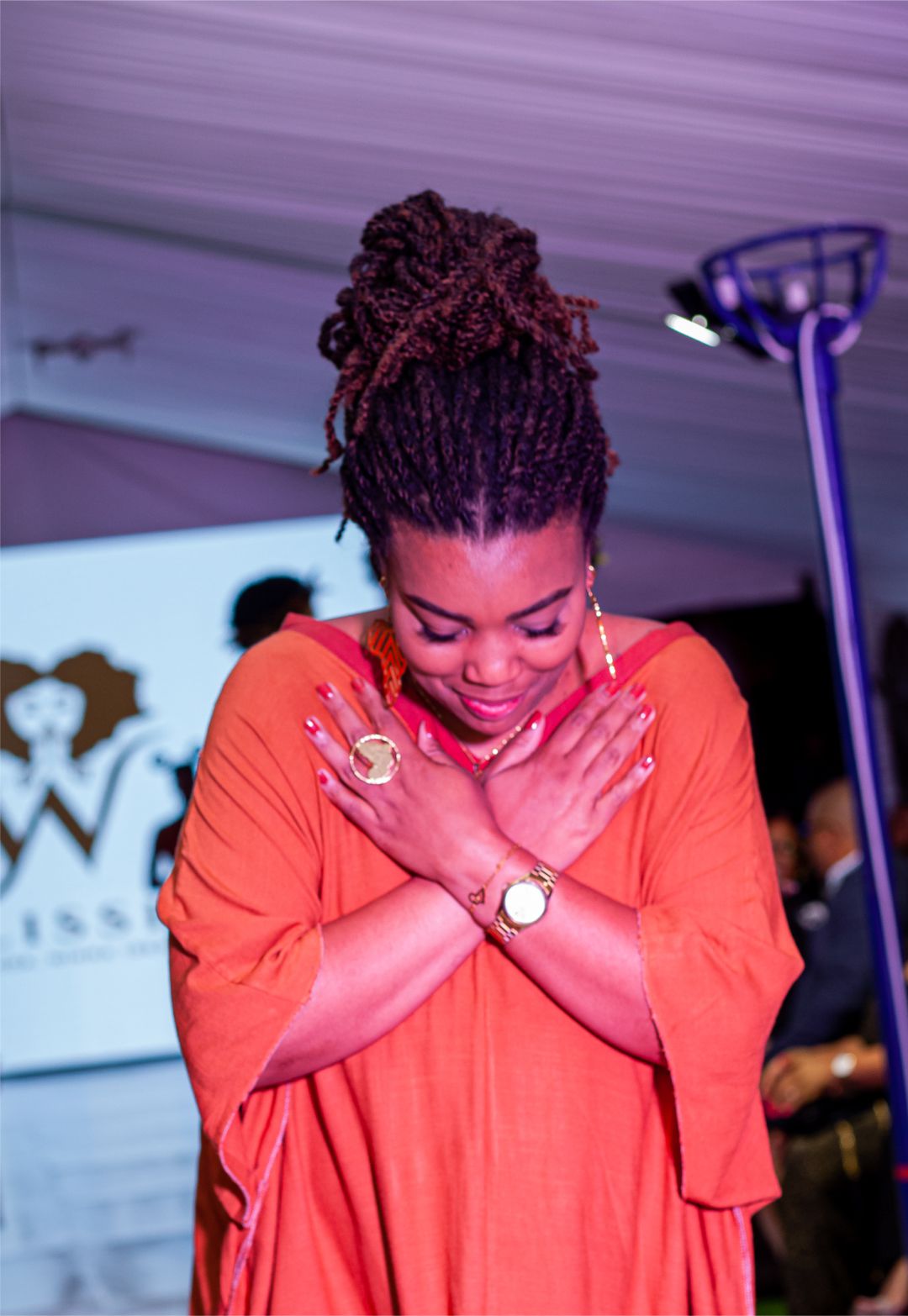
Teta Lando, the Angolan manifesto singer, sang “carapinha dura”, an homage to African hair. I think of the verses in Lando’s appealing voice – ”Negra de carapinha dura/ não estragues o teu cabelo me jura” (Black woman with a hard curl/don’t ruin your hair swear to me) – in conversation with Micaela D’avó, the fashion hair and stylist with a heavy hand in identity registration. But, before the others, herself. “I was in a phase of self-discovery. I started to fall in love with curly hair,” she says. And she created a style that generated an identity: curly hair and oversized clothes, always in rustic fabrics. And while she was creating her own path, questions kept coming – “Where did you buy this? Where did you do this hairstyle? – and it was so many questions that led to the birth of Walissima, the brand with this beautiful word in Xichangana. Languages and cultures don’t translate, they exist on the borders that are erected, but in Portuguese “walissima” can be something close to “with prestige” or “like values”, almost always associated with modesty. But this Walissima – Micaela’s – is more than the clothes scratching the ground, it’s the recognition and appreciation of the land that swallowed our umbilical cord. And that’s what we saw last year on the floor of Fancy Africa with ”Ressignificar”, a collection to break the shackles. ”The idea of the collection was really to overcome the standards that were imposed during the time of slavery and colonialism and bring to the Mozambican stage a new fashion concept that values the beauty of black culture,” she says. And this is also what we saw this year – a step forward, but always on the same path – in the “Mukumi ni Wemba” collection: men and women celebrating the days of the kingdoms, without the pale tones clashing with the landscape, when we dressed and spoke in our own voices. And this is also represented in the work with cotton, linen and sisal fabrics. Micaela thinks about sustainability, comfort and durability. But also in the cultural history emanating from these fabrics. ”Wearing Walissima’s clothes, as well as the hairstyles we do, is an appreciation and exaltation of the culture of African peoples. And this appreciation and exaltation is a must.
Walissima is more than the clothes scratching the ground, it’s the recognition and appreciation of the land that swallowed our umbilical cord.
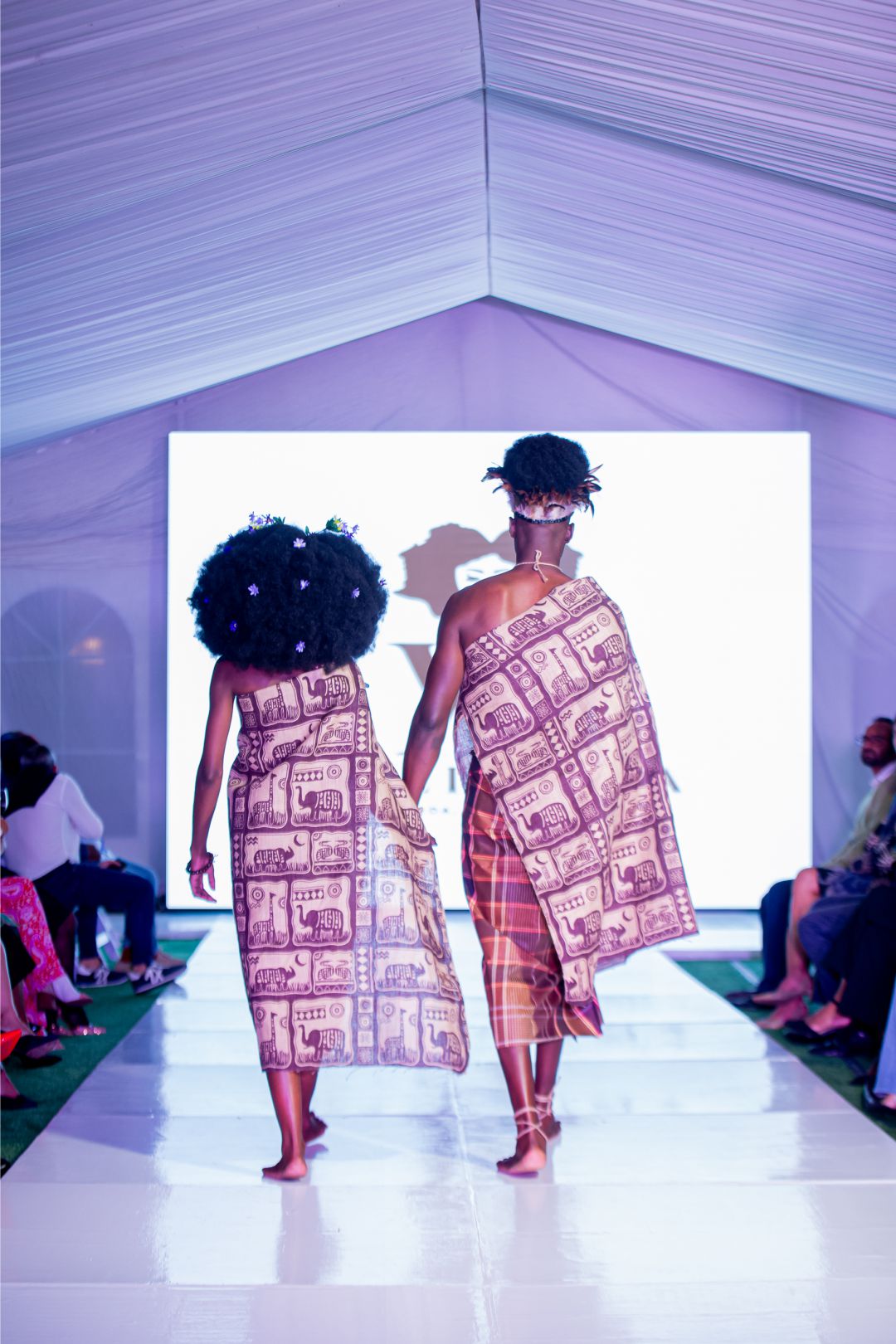
Edição 84 SET/OUT| Download.



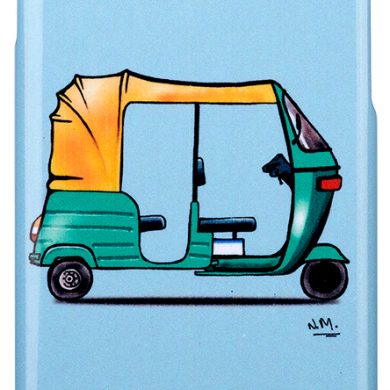



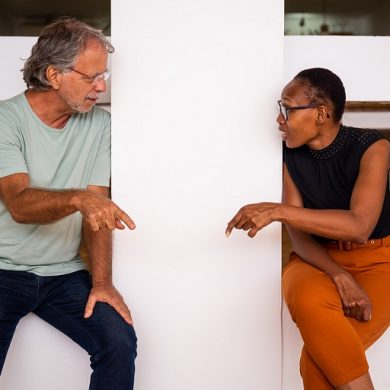
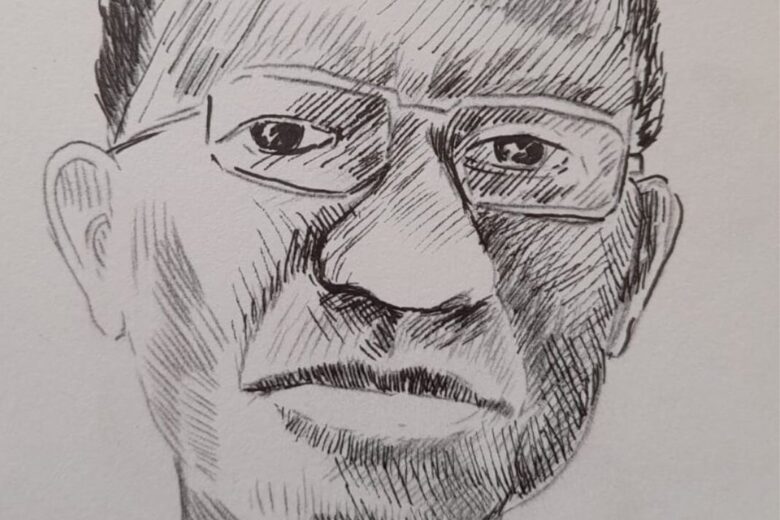
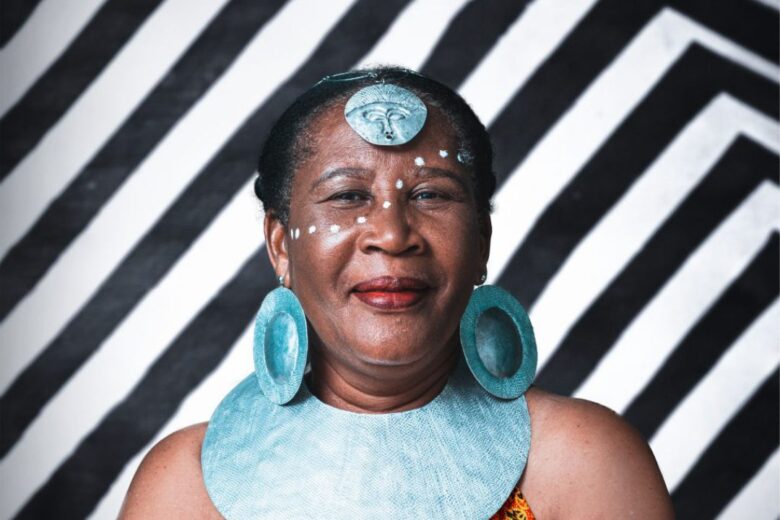










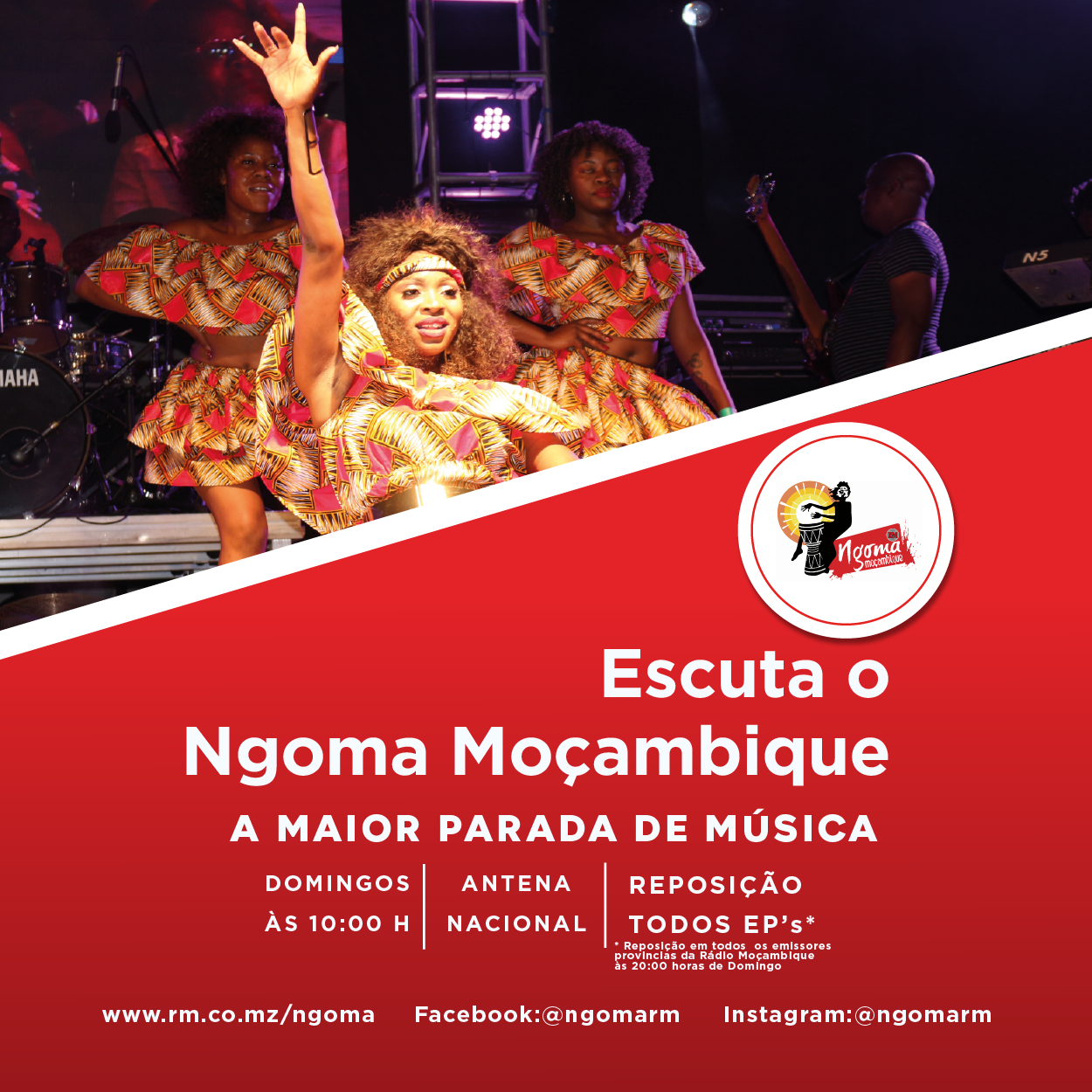






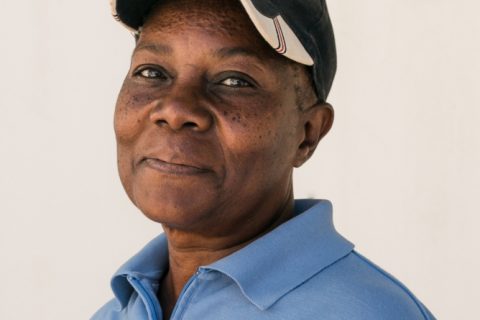
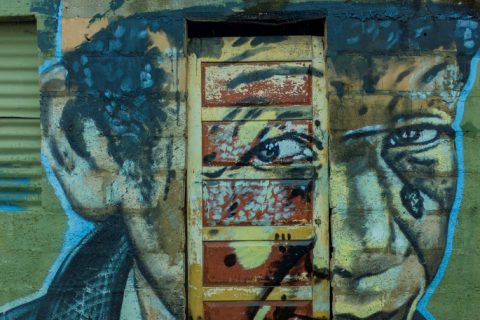

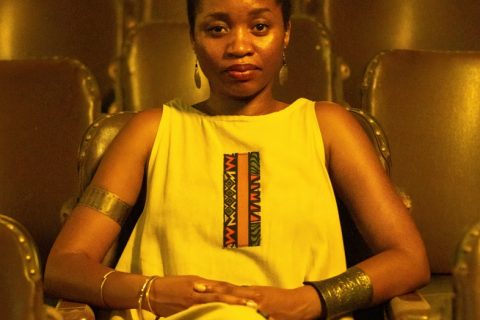
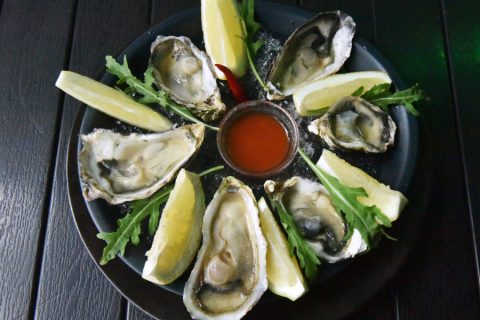
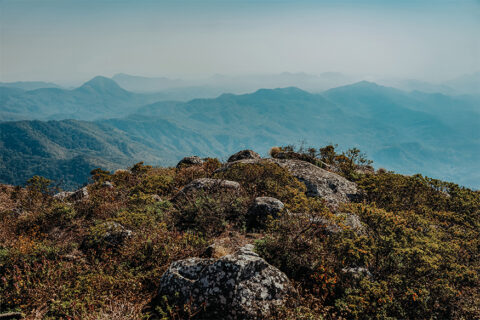


0 Comments